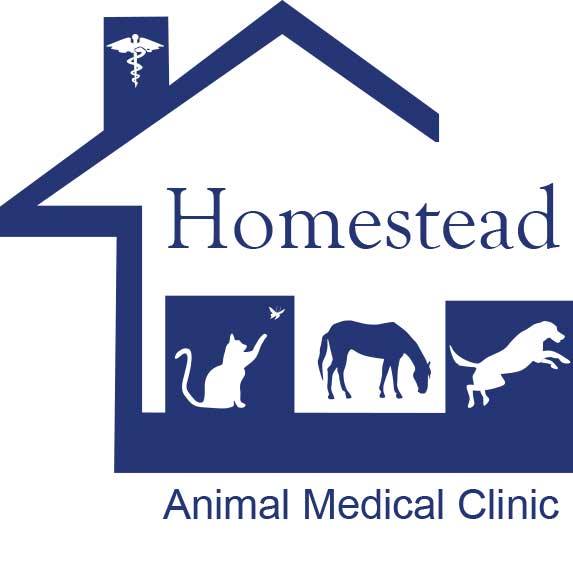Our Veterinary Services
What We Do
Wellness Exams
Full Veterinary Services
Vaccinations
Parasite Prevention
Lab Evaluations
International and Interstate Health Certificates
It’s important to have the proper health certificate when traveling with your pet. An interstate health certificate is required when traveling between states, and an international health certificate is required when traveling outside of the United States. We can help you obtain the correct health certificate for your destination. The health certificate will specify any vaccinations that are required for your pet, as well as any other necessary medical treatments. Once you have obtained the proper health certificate, you can be confident that your pet will be able to travel safely and enjoy a healthy vacation.
International Pet Travel – Regulatory Updates
EU and UK Update Rabies Proof of Vaccination Requirements (USDA)
Recently, the USDA shared that the European Union and the United Kingdom updated their requirements for pets traveling on a rabies “booster” vaccine into their countries. Effective immediately, all pets traveling on a “booster” vaccine must prove that the pet has not lapsed in vaccination coverage since the “primary” rabies vaccination.
What qualifies as a “primary” rabies vaccination?
According to EU and UK rules, a “primary” rabies vaccination is the first vaccination the pet receives after its microchip or any lapse in coverage. The “primary“ vaccine is also only valid for one year, regardless if the pet is an adult animal and receives a 3-year vaccine.
If the pet is traveling on a “primary” rabies vaccination, ensure the vaccination was given more than 21 days before travel to the EU or UK country. These countries require a 21-day wait period after a primary vaccination before entry.
What about booster vaccines?
According to the vaccine manufacturer’s label, If a pet gets its next rabies vaccination within one year of receiving the “primary” rabies vaccination, it would be considered a “booster” and valid for 1-3 years. However, if the pet lapses in coverage— even by one day—the next rabies vaccination is considered a “primary” vaccination and only valid for one year.
Unlike “primary” vaccinations, “booster” vaccinations do not require a 21-day wait period. However, if the pet travels less than 21 days after a “booster,” the previous rabies vaccination must also be included on the health certificate.
How do I prove there hasn’t been a lapse in vaccination coverage?
To prove no lapse in vaccination coverage, you must submit copies of ALL rabies certificates for rabies vaccinations given after the “primary” vaccination. Make sure to include the “primary” vaccination certificate.
Want to simplify your paperwork?
If timing allows, after scanning the microchip (use the date you scanned the microchip as the implant date), give the pet a 1-year rabies vaccination. This will qualify as a “primary” vaccination and will only require the rabies certificate for this new vaccination. No additional rabies history will be required. Remember, the 21-day wait period would still apply as this is a “primary” vaccination, so ensure the rabies vaccination is given at least 21 days but less than one year before travel.
